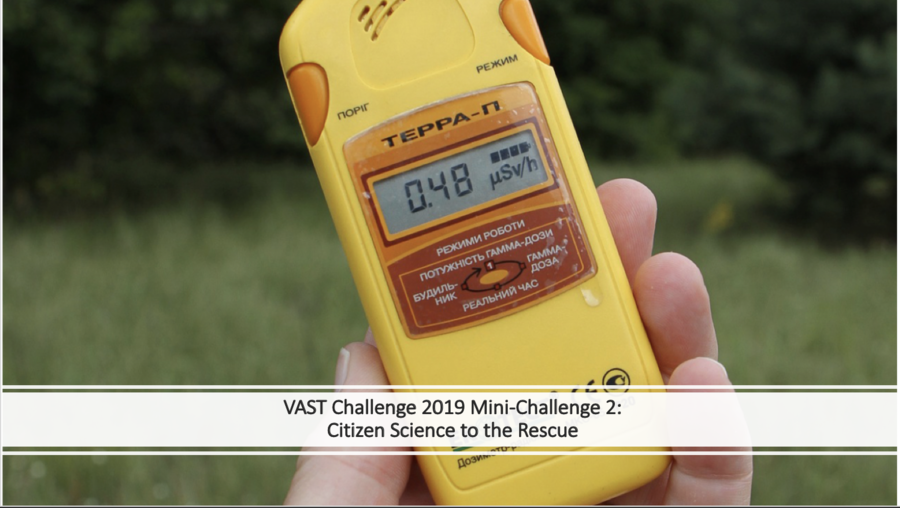IS428 AY2019-20T1 Assign Foo Yong Long
Visualization Goals
1) Understanding the risks involved
2) Help the public better understand conditions in the city
3) Recommending a course of action for the government to mitigate risks
Overview
A vibrant community to 246,839 people, St.Himark consists of some of the best cultural attractions and is one of the region's best places to raise children. Bustling with economic activity, it is really accessible thanks to five bridges and one highway that connect the city to the mainland.
Problem and Motivation
The Always Safe nuclear plant, one of the city's largest employers, had been struck by an earthquake, resulting in a leak of radioactive contamination. Furthermore, a coolant leak has sprayed employees' cars and contaminated them at varying levels. Now, the city’s government and emergency management officials are trying to understand if there is a risk to the public while also responding to other emerging crises related to the earthquake as well as satisfying the public’s concern over radiation.
Dataset
1)Static Sensor Data
The government has deployed operated stationary monitors with data from citizen-operated mobile sensors to help them better understand conditions in the city and identify likely locations that will require further monitoring, cleanup, or even evacuation.
2)Mobile Sensor Data
Thanks to a group of citizen scientists led by the members of the Himark Science Society, lower-cost homemade sensors are deployed to citizens, including employees of Always Safe nuclear power plant. These sensors are attached to their cars
Task and Questions
The visualization has been grouped into 6 portions including this page as follows;
1) Overview
Background information and summary of the problem on hand
2) Data transformation
Data preparation process
3) Risks
a) Visualize radiation measurements over time from both static and mobile sensors to identify areas where radiation over background is detected. Characterize changes over time.
b) Use visual analytics to represent and analyze uncertainty in the measurement of radiation across the city.
Compare the uncertainty of the static sensors to the mobile sensors. What anomalies can you see? Are there sensors that are too uncertain to trust? Which regions of the city have greater uncertainty of radiation measurement? Use visual analytics to explain your rationale. What effects do you see in the sensor readings after the earthquake and other major events? What effect do these events have on uncertainty?
c) Given the uncertainty you observed in question 2, are the radiation measurements reliable enough to locate areas of concern?
4) Recommendation and rationale
Highlight potential locations of contamination, including the locations of contaminated cars. Should St. Himark officials be worried about contaminated cars moving around the city? Estimate how many cars may have been contaminated when coolant leaked from the Always Safe plant. Use visual analysis of radiation measurements to determine if any have left the area. Indicated where you would deploy more sensors to improve radiation monitoring in the city. Would you recommend more static sensors or more mobile sensors or both? Use your visualization of radiation measurement uncertainty to justify your recommendation.
Summarize the state of radiation measurements at the end of the available period. Use your novel visualizations and analysis approaches to suggest a course of action for the city. Use visual analytics to compare the static sensor network to the mobile sensor network. What are the strengths and weaknesses of each approach? How do they support each other?
The data for this challenge can be analyzed either as a static collection or as a dynamic stream of data, as it would occur in a real emergency. Describe how you analyzed the data - as a static collection or a stream. How do you think this choice affected your analysis? Limit your response to 200 words and 3 images.
5) Visualization
Visual guide on the storyboard
